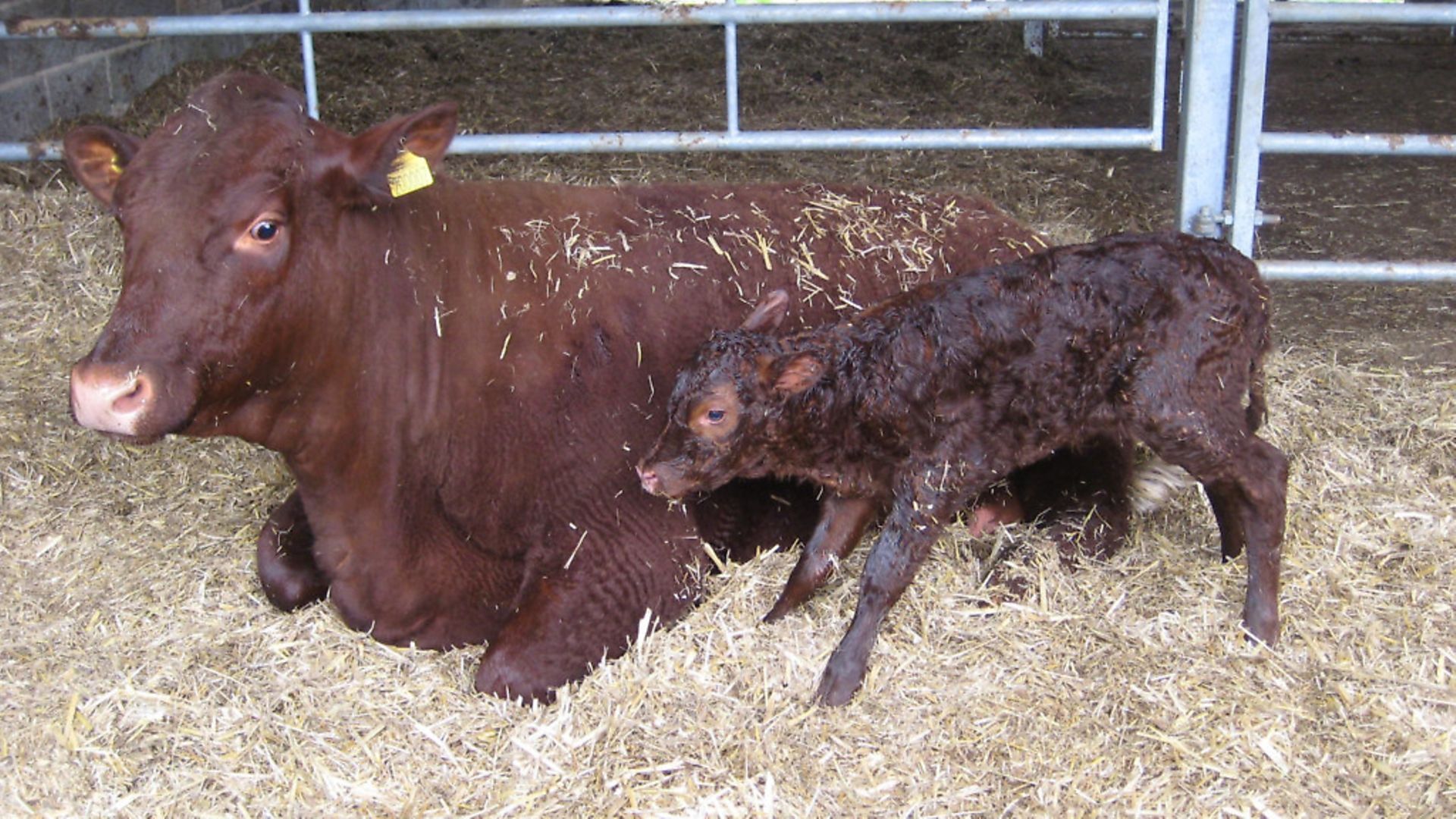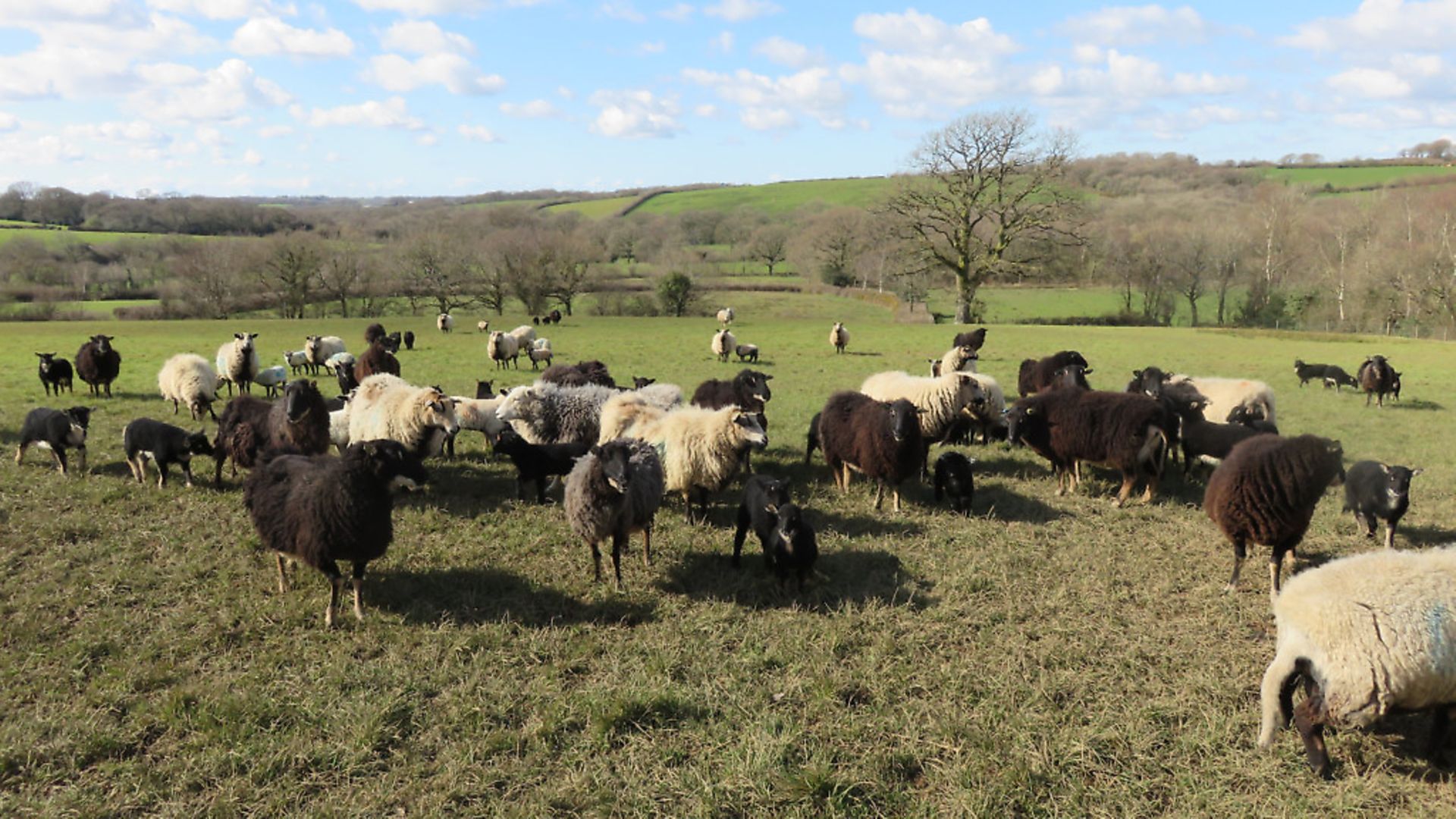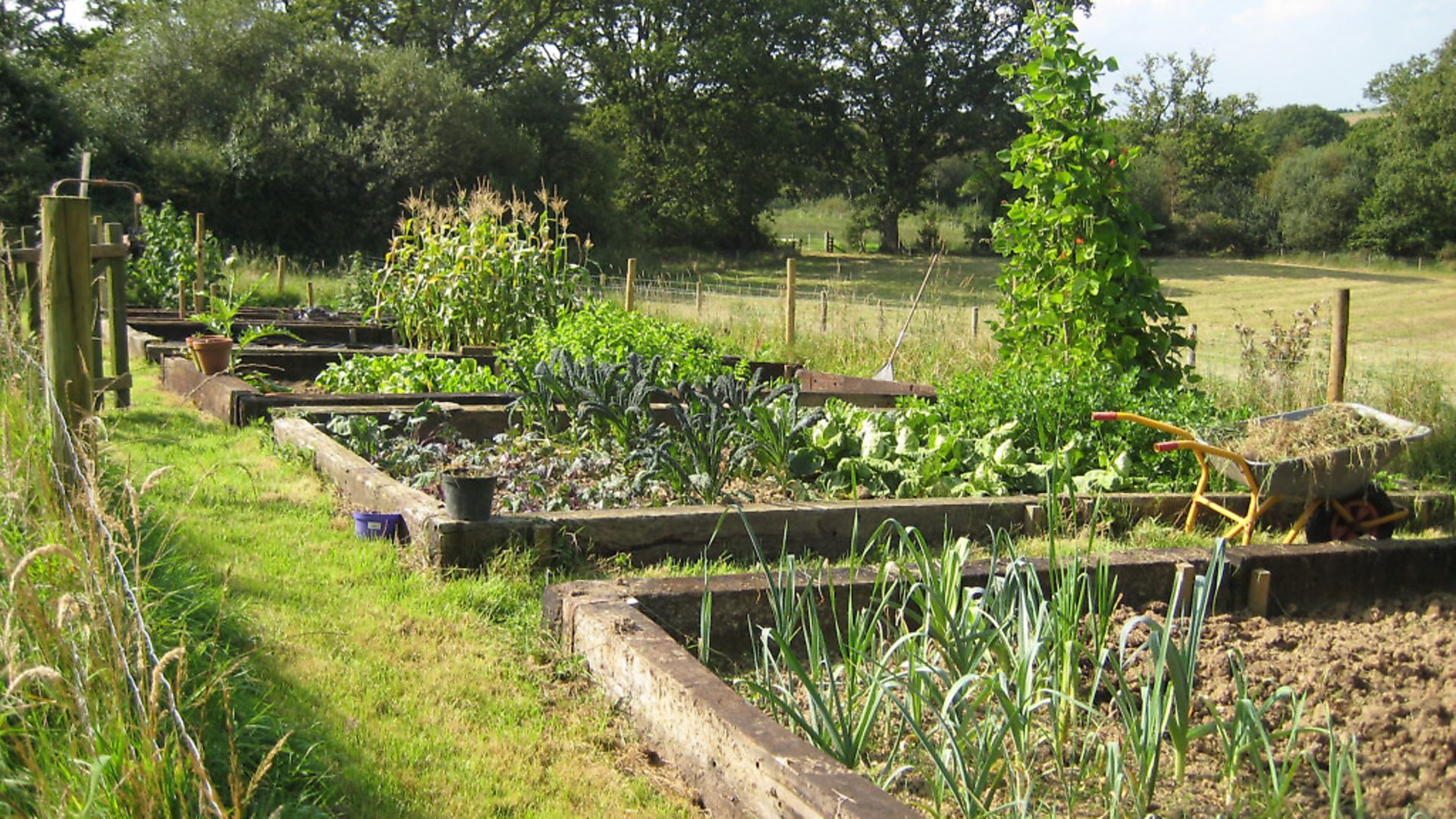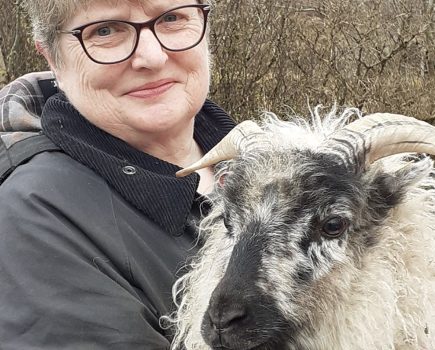In her series for beginners, Debbie Kingsley considers whether you need any particular skills to be a smallholder

The perception of the smallholder as bumbling, a champion Heath Robinson time waster, has always made me cross. Because we spend our time around copious amounts of mud, poo and straw, does not an amateur make. Folk shouldn’t confuse us looking somewhat like Wurzel Gummidge, the walking talking scarecrow, with having our heads actually filled with straw and sawdust.

Brain-power is as important as brawn-power when it comes to smallholding. You need a barrage of skills to be a successful smallholder, and the list is long and potentially daunting to the newcomer. But don’t let that put you off; it is hugely rewarding to learn new things and put them into practice. Smallholding is not a theoretical study, so anyone who likes to learn by doing will find great pleasure in this way of life.

So what sort of skills will you need to acquire? The first is being able to look at the bigger picture and to think beyond the short term. If you’re starting with an empty plot, thinking about the lay and layout of your land is crucial to making life simpler. There’s no point growing veg a 10 minute trot from your kitchen, or having a muck heap by the back door. And it’s unlikely that you’ll be achieving all you want in your first weeks or months, so considering your likely longer term ambitions in drawing up what goes where, will be important too.
Moving from the immediate project management skills, you’ll need to sort out perimeter and paddock fencing. There are hundreds of ways to put up a floppy, ineffective fence, and rather fewer ways to get it spot on – learn how to do it properly and save yourself oodles of time and grief later.
As for livestock, there’s a lifetime of skill and pleasure to be gained from taking on hens, ducks, geese, goats, bees, sheep, cattle and more. Tending to their seasonal needs is not something you’ll have learned at school (unless you’re lucky enough to have had a wonderful school farm on site), so you’ll need to become skilled at understanding their nutritional and other welfare needs. Knowing how to handle, feed, medicate, breed, and care for livestock is hugely skilled. If you’ve never done this before, stand by a field of sheep and observe them – what do you see? Can you locate any problems? Do you know what the problems might be and how to resolve or prevent them in future? Are any issues serious and in need of immediate attention or not? And what would you do if those sheep were yours? Makes you think, doesn’t it? A smallholder goes through this process every day.
A smallholder with livestock is diagnostician, midwife, land manager, veterinary nurse, flock and herd manager, decision maker (to cull, to breed, to take to slaughter, to medicate or not and with what) and determiner of the kind of smallholder they want to be.
There are many other skills associated with being a smallholder – from cider maker to veg grower, forager to welder, chainsaw operator to hedgelayer, carpenter to ditch digger. Being without any kind of DIY skills makes a smallholding life harder (and expensive). But the most important skill of all is learning from one’s successes and failures, and knowing that the more skilled you are, the luckier your smallholding life becomes.
Image(s) provided by:
Archant
Archant
Archant







